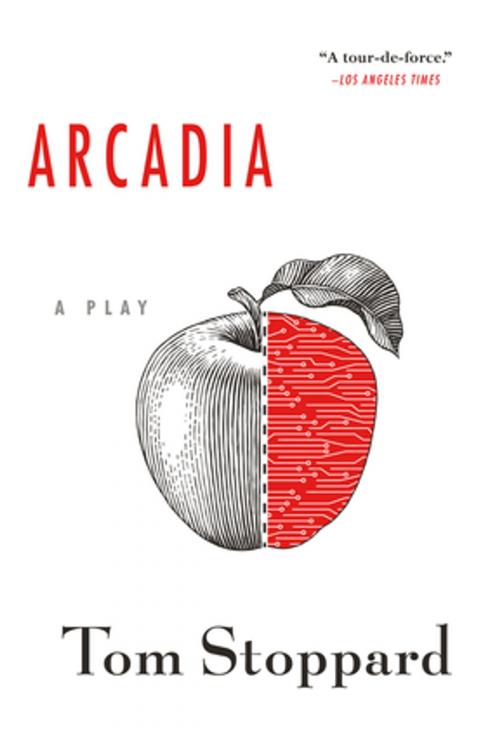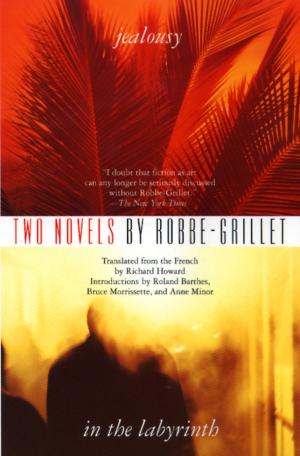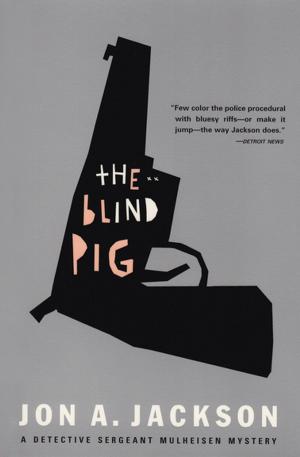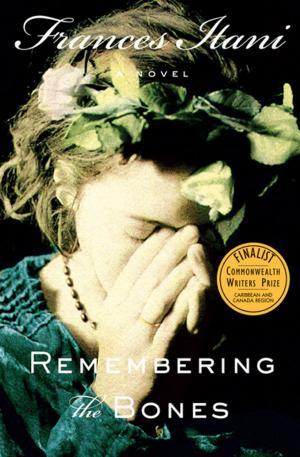| Author: | Tom Stoppard | ISBN: | 9780802189189 |
| Publisher: | Grove Atlantic | Publication: | July 11, 2017 |
| Imprint: | Grove Press | Language: | English |
| Author: | Tom Stoppard |
| ISBN: | 9780802189189 |
| Publisher: | Grove Atlantic |
| Publication: | July 11, 2017 |
| Imprint: | Grove Press |
| Language: | English |
**“It is a defect of God’s humor that he directs our hearts everywhere but to those who have a right to them.”—Tom Stoppard, Arcadia
In a large country house in Derbyshire in April 1809 sits Lady Thomasina Coverly, aged thirteen, and her tutor, Septimus Hodge. Through the window may be seen some of the “five hundred acres inclusive of lake” where Capability Brown’s idealized landscape is about to give way to the Gothic style: “everything but vampires,” as the garden historian Hannah Jarvis remarks to Bernard Nightingale when they stand in the same room 180 years later. Bernard has arrived to uncover the scandal which is said to have taken place when Lord Byron stayed at Sidley Park. Tom Stoppard’s masterful play takes us back and forth between the centuries and explores the nature of truth and time, the difference between the Classical and the Romantic temperament, and the disruptive influence of sex on our orbits in life—“the attraction,” as Hannah says, “which Newton left out.”**
**“It is a defect of God’s humor that he directs our hearts everywhere but to those who have a right to them.”—Tom Stoppard, Arcadia
In a large country house in Derbyshire in April 1809 sits Lady Thomasina Coverly, aged thirteen, and her tutor, Septimus Hodge. Through the window may be seen some of the “five hundred acres inclusive of lake” where Capability Brown’s idealized landscape is about to give way to the Gothic style: “everything but vampires,” as the garden historian Hannah Jarvis remarks to Bernard Nightingale when they stand in the same room 180 years later. Bernard has arrived to uncover the scandal which is said to have taken place when Lord Byron stayed at Sidley Park. Tom Stoppard’s masterful play takes us back and forth between the centuries and explores the nature of truth and time, the difference between the Classical and the Romantic temperament, and the disruptive influence of sex on our orbits in life—“the attraction,” as Hannah says, “which Newton left out.”**















